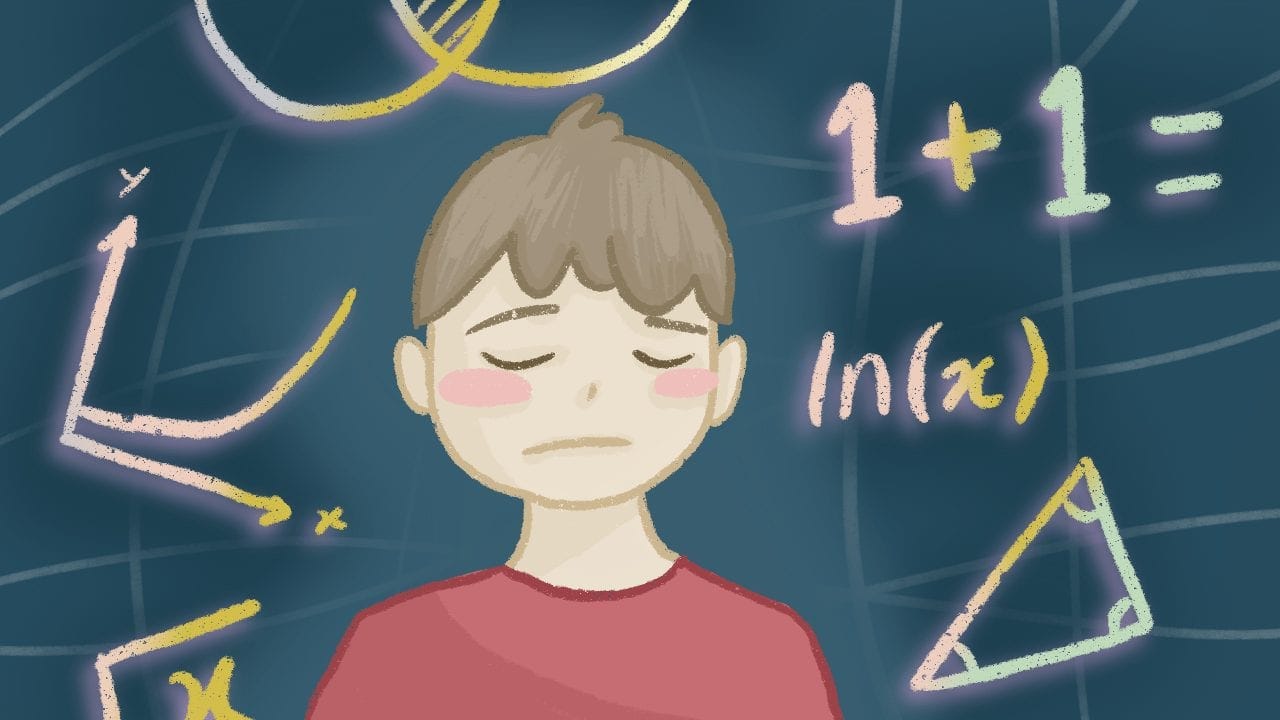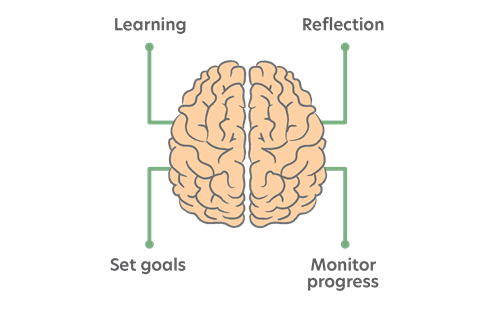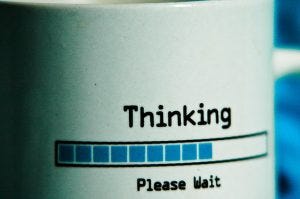Rohan is solving a math problem. He keeps getting the answer wrong and cannot understand why.
What could help?
Metacognition- Thinking about thinking. Metacognition helps you understand how your mind works, identify the error and then re-evaluate your thinking.
How will metacognition help?
Let's go back to Rohan, he can use metacognition to:
Pause and Reflect: Instead of rechecking his answer multiple times, Rohan can take a step back and think: “What is the problem actually asking for?” Are there any keywords that give clues about the approach he should take (like "average," "difference," or "total")?
Identify Gaps: By reflecting on his thought process, Rohan might realize he's misunderstood a concept or made a mistake in a previous step.
Change Strategies: “What can I try differently?”- Rohan can try a different approach to the problem. Maybe a diagram would help visualize the situation, or perhaps breaking it down into smaller steps would make things clearer.
These steps can help Rohan to shift from an “I can’t do this” mindset to a “How can I alter my approach” mindset.
Why is metacognition important?
In today's world, AI and automation are transforming the job market, it's important for children to develop skills that go beyond rote memorization. They need to be adaptable, innovative, and self-directed learners.
Metacognition equips children with skills like:
Creativity: Thinking outside the box to find unique solutions.
Problem-solving: Breaking down challenges and figuring things out independently.
Adaptability: Being flexible and learning new things as the world changes
By mastering these skills, children can become self-directed learners, ready to navigate anything the future throws their way.
How can we develop metacognition?
Plan and Reflect on the Process: Encourage children to visualize the steps involved in solving a problem (like creating a “my plan” document). Then, guide them to reflect on their thought process by asking questions like "Why did you choose that approach?" or "Can you explain your thinking?" This helps them develop a deeper understanding of their problem-solving approach.
Build on Existing Knowledge- Help children identify what they already know about the situation at hand. Ask- "What do we already know?" “What more do we need to know?” “ How can we find what’s missing?” This builds upon transferable skills, where children can consider past experiences with similar problems and see if those skills can be applied here.
Build observation- When watching a movie or reading a book, ask questions like: “What did you observe the character doing?” “Why do you think they did that?” “What would you have done instead?” This helps them understand why they interpreted things the way they did and consider alternative perspectives.
Encourage everyday decision-making- Include children in daily decision-making. For example ask, “What would you like to wear today?” “What would you like to study first?” “Which game do you want to play?” This helps them build confidence in their thinking and decision-making process. It also makes thinking a daily habit, which then helps to build "thinking about thinking" skills, or metacognition.
Embrace mistakes as learning opportunities- While it's important to guide children, resist the urge to offer solutions outright. Learning from experience can help children strengthen their thinking process and use it to solve problems in the future. If you feel like the mistake could harm the child, try the nudge approach- Ask “What could go wrong with this plan?” This can help them consider safety in their plan.
Encourage reflection and celebration - Remember to ask questions at the end of the activity. For example - “What was the most challenging part of this plan?” “Which step are you proud of?” This can help them retain skills from the plan and apply them to situations in the future.
Remember, learning about thinking can be fun! Games, activity books, and other engaging tools can spark children's interest in metacognition. By tailoring your approach to each child's needs, you can empower them to become lifelong metacognitive learners.
Related articles:











